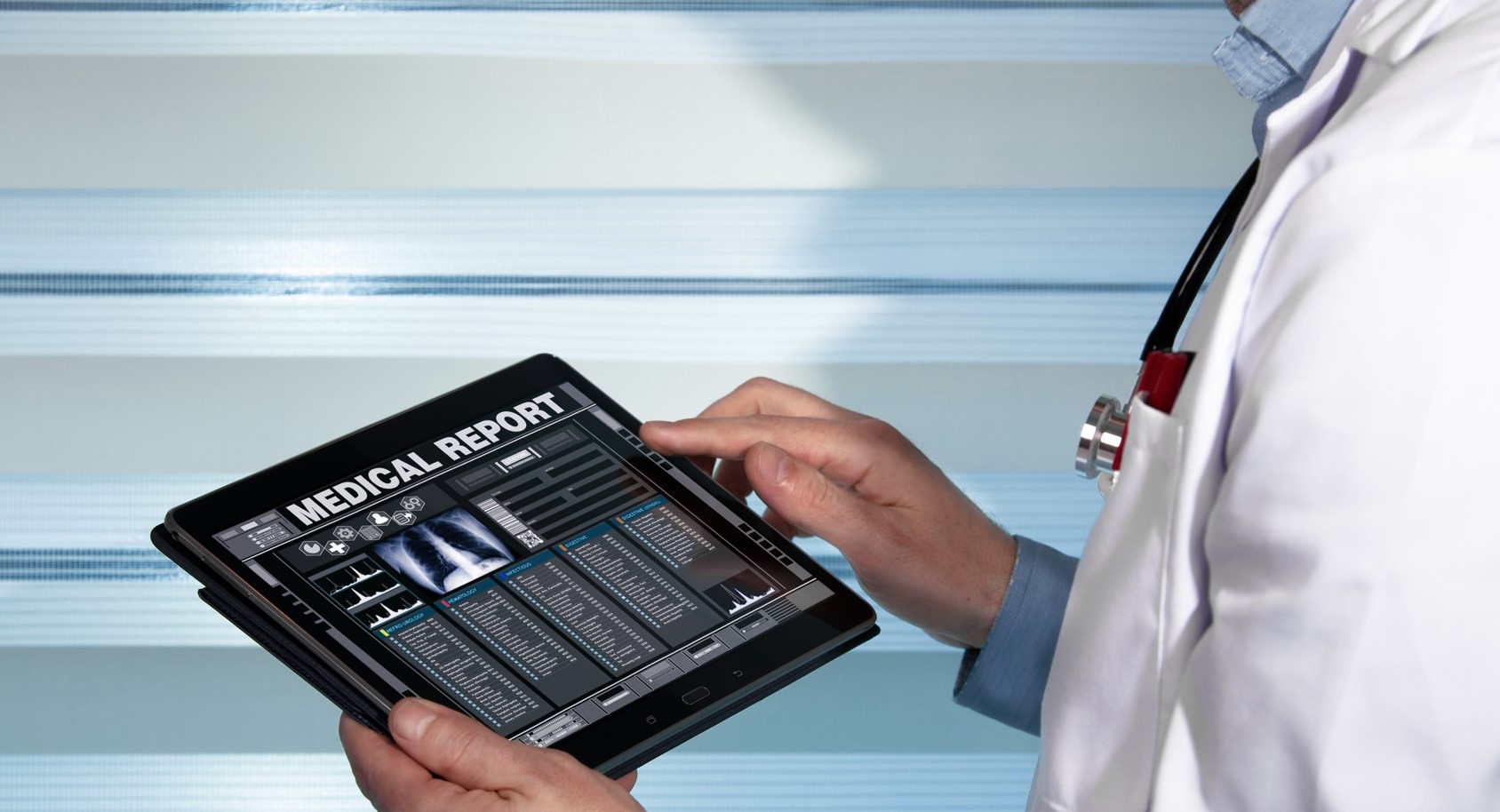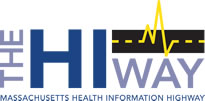This toolkit provides an overview of Query HIE to assist providers in adopting this Health Information Exchange (HIE) method, which leverages the Query-based Exchange method to improve health care. The content was developed with input from the 2019 Query HIE Learning Collaborative.
Query HIE Use Cases
Query HIE enables providers to query (search) and retrieve specific information related to their patients from other providers who have previously seen the patients for treatment.
In addition, Query HIE can provide access to other sources of patient information, such as clinical laboratories, pharmacies, or public health agencies.
The Query HIE capability is useful for assisting clinicians in making more informed medical decisions for their patients, so they can improve their patient care.
View this use case video below and the descriptive example below to learn more about Query HIE.
Query HIE Use Case

Karen has made an appointment to see a Mental Health Specialist as she has been feeling more
depressed and anxious than normal. After talking with the Specialist, they agree to try using a
medication to manage the symptoms of Karen’s depression.

As Karen is a new patient, the Specialist sends a query through his Electronic Health Record
(EHR) system to gather information on Karen’s prior medical history. The query comes back
with several medical conditions she is currently being treated for by her Primary Care Physician
and a Neurologist. This includes the medications they prescribed for Karen.

In the notes from a prior visit to the Neurologist, the Specialist notices that Karen had been
prescribed medications from the tricyclic class of antidepressants to treat chronic migraines.
None of them had worked, and Karen experienced several unpleasant side effects before
she and her Neurologist decided to stop the medications and try injection treatments instead.

Based on the notes, the Specialist decides to avoid that class of antidepressants, and focus on
a different drug class. As he also notices Karen had been diagnosed with hypertension by her
Primary Care Physician, he narrows down his choice to a medication that should be effective
and will not cause the same negative side effects or interfere with the hypertension medication
her physician prescribed.

Because the Specialist was able to access Karen’s prior medical history, he can avoid giving
Karen a prescription for a medication she had already tried and had negative reactions to,
and focus his efforts on finding the right drug sooner. Now, Karen is feeling much better, and
is relieved that the prescription her Specialist gave her has been working with few side effects.








